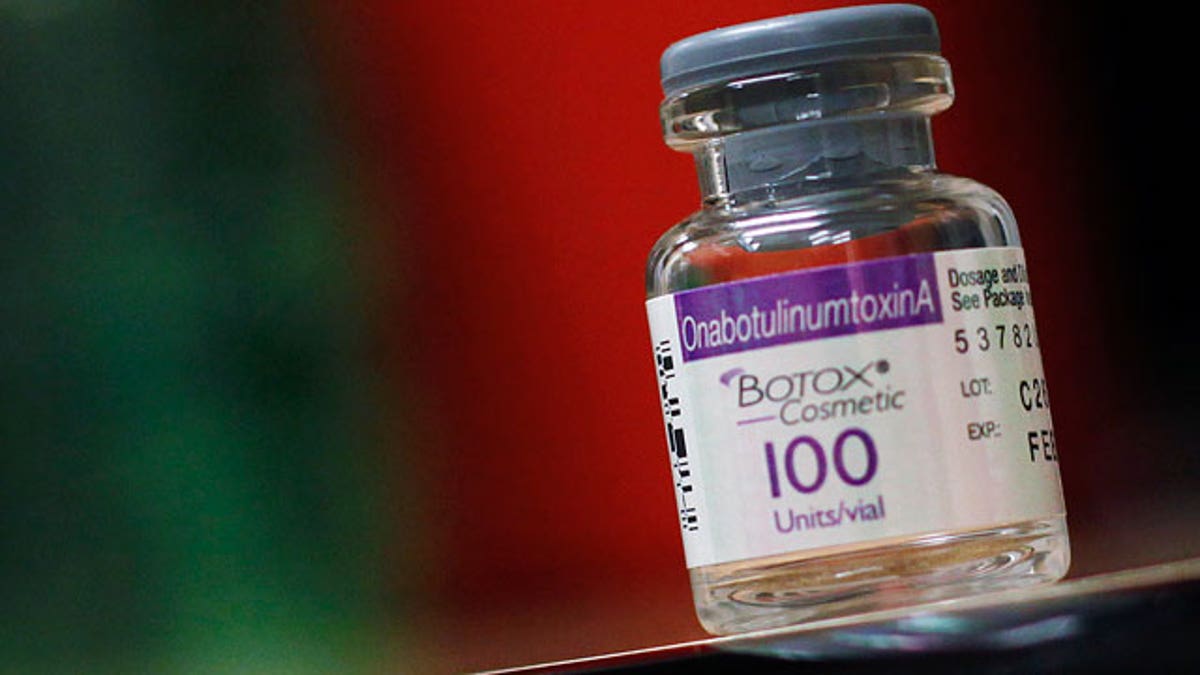
Botox may help prevent teeth grinding at night, results from a small study suggest.
In the study, patients with nighttime teeth grinding, or nocturnal bruxism, who were given Botox injections reported greater improvement in their condition compared to those given a placebo.
The findings suggest Botox could be used to treat nighttime teeth grinding, a common condition for which there is no established treatment, said study researcher Dr. William Ondo, a professor of neurology at the University of Texas Health Science Center at Houston. Although dental guards are used to prevent damage to teeth, they do not prevent the grinding itself, Ondo said.
However, larger studies are needed to confirm the results, Ondo said. The new study was presented here Wednesday (April 25) at the American Academy of Neurology's annual meeting.
Nighttime teeth grinding
Up to 15 percent of people experience nocturnal bruxism, though many are unaware they have the condition and find out only when they're told by their partner or a dentist. Nocturnal bruxism can damage teeth, and has been associated with headaches and pain in the jaw area, Ondo said.
In the study, 23 patients with nocturnal bruxism were randomly assigned to receive a Botox injection or a placebo injection. To be included in the study, patients were tested in an overnight sleep study to confirm they had nocturnal bruxism.
Thirteen people received the Botox injection in the temple and jaw, and 10 received the placebo. Four weeks later, participants rated the severity of their condition – whether they felt better, worse or about the same as before the study. Oftentimes, patients had input from their partners.
Participants who received Botox did not experience significant changes in their sleep patterns, or in the severity of headaches. Two patients experienced a cosmetic change in their smile.
Botox contains botulinum toxin, a protein produced by the bacteria Clostridium botulinum. The drug is thought to work by blocking nerve signals to the muscles, thus relaxing them.
FDA approval?
Botox is not officially approved by the Food and Drug Administration as a treatment for nocturnal bruxism, but because the drug is approved for other uses, it can be used "off label" as a treatment for nighttime teeth grinding. In fact, Ondo said he has been using it in his patients with nocturnal bruxism for 20 years.
If the companies that manufacture botulinum toxin want the drug officially approved by the Food and Drug Administration for treatment of nocturnal bruxism, they would need to conduct their own, large trials to submit to the agency, Ondo said.
The current study was funded with a grant from Allergan, which makes Botox.
Copyright 2012 MyHealthNewsDaily, a TechMediaNetwork company. All rights reserved. This material may not be published, broadcast, rewritten or redistributed.







































